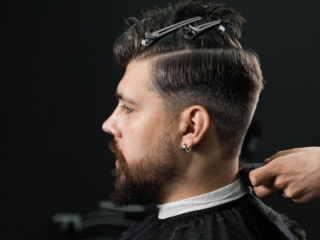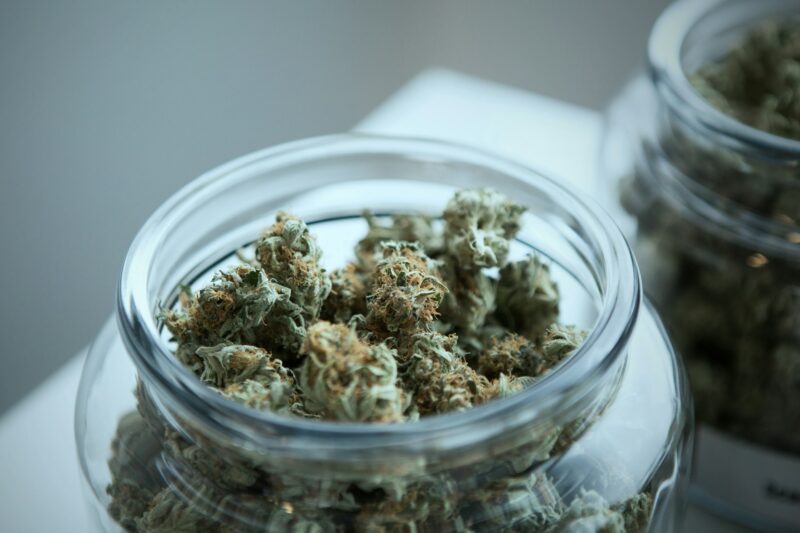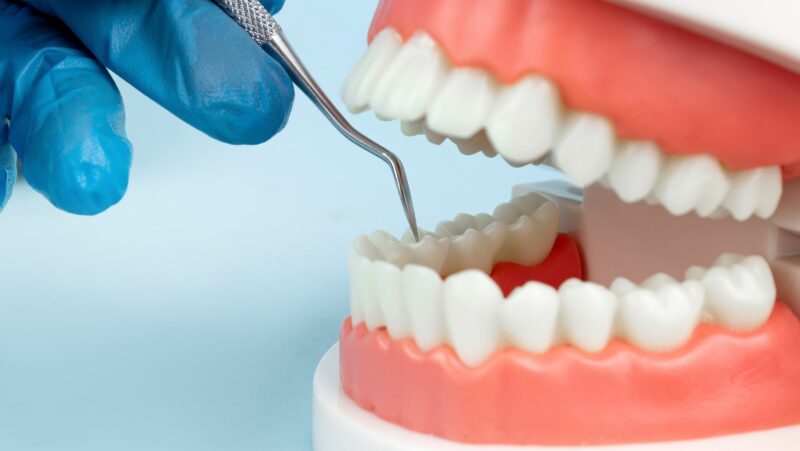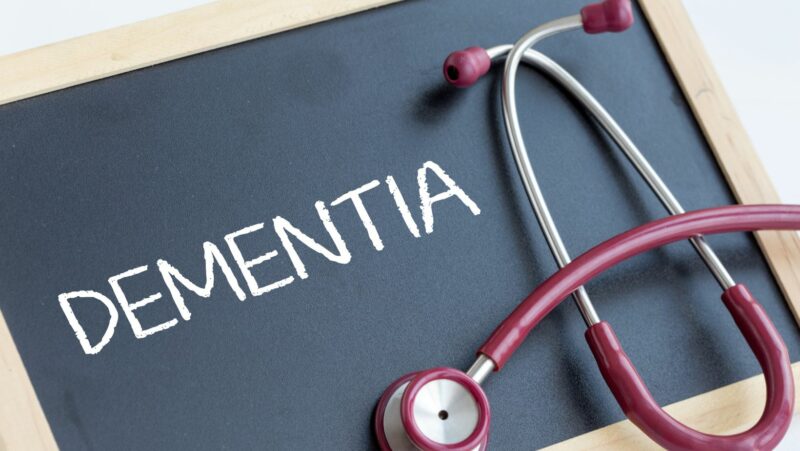
Dual diagnosis, also known as co-occurring disorders, is a term used to describe individuals who suffer from both addiction and mental health issues. It can include drug or alcohol abuse coupled with depression, anxiety, bipolar disorder, or other mental health conditions. While dual diagnosis can be incredibly challenging, several successful methods have been developed to treat this combination of illnesses. Here we will explore approaches that can help those struggling with addiction and mental health problems manage their condition and lead healthier lives.
Cognitive Behavioral Therapy (CBT)
CBT is a talk therapy that helps people recognize and alter harmful thought patterns that affect their behavior and emotions. The goal is to help people replace irrational beliefs with more realistic ones. CBT is helpful in depression, substance abuse, and anxiety treatment. It helps individuals understand the thinking patterns responsible for their destructive behaviors and develop healthy coping mechanisms when faced with difficult situations. Research has found CBT to be an effective treatment for dual diagnosis as well; it can enable people to manage their addiction and mental illness. CBT can also help individuals identify and address the root causes of their addiction, which can benefit long-term recovery.
Motivational Interviewing (MI)
Motivational Interviewing (MI) is a counseling approach that helps individuals resolve ambivalence and find the motivation to change. It focuses on identifying and understanding an individual’s goals and helping them develop strategies to overcome obstacles in pursuing those goals. MI is designed to help people make healthy changes, including reducing or eliminating substance abuse and managing mental health issues. This technique is particularly effective for dual diagnosis; it can help individuals understand their addiction and mental health issues, work through unresolved emotions associated with these conditions, and take meaningful steps toward recovery. It is also a valuable tool for recognizing and addressing the potential triggers of these illnesses.
Medication management
Medication management is a core component of dual diagnosis treatment. Individuals can more effectively manage their addiction and mental health disorder by combining psychotherapy with pharmacological interventions. Appropriate medication selection, dosage, and scheduling can help reduce the overall symptoms of both conditions. It is essential to work closely with a qualified doctor when managing medications for dual diagnosis; the right combination of drugs and therapies can be highly beneficial in treating co-occurring disorders. Monitoring side effects from certain medications is essential to ensure safety and well-being. It can also be beneficial to supplement medication with other therapies, such as CBT or MI, to maximize the effectiveness of treatment.
Holistic Treatments
Holistic treatments, such as yoga, acupuncture, massage therapy, and meditation, can provide an effective complementary treatment to traditional methods for dual diagnosis. These therapies can help reduce stress and anxiety while promoting peace and relaxation.

Holistic methods can also provide individuals with coping skills that help promote mental health and wellness; these techniques are often used with more traditional treatments to enhance recovery. Holistic approaches can be beneficial in addressing addiction by providing natural alternatives to substance use. It can also help manage mental health issues like depression and anxiety.
Self-Care
Self-care is an integral part of any recovery plan from dual diagnosis. It involves actively taking steps to improve one’s physical and emotional health. It includes engaging in healthy activities, such as eating nutritious meals, exercising regularly, getting enough sleep, and avoiding drugs or alcohol. Self-care also involves nurturing relationships with friends and family, expressing gratitude, cultivating positive self-talk, and engaging in hobbies that bring joy. Practicing good self-care habits to maintain physical and mental health; can help individuals better manage their addiction and mental illness. Self-care is also essential to long-term recovery, as it helps individuals stay on the path toward a healthier future.
Support Groups
Support groups are an invaluable resource for those struggling with dual diagnosis. They provide a safe space where individuals can share their experiences without fear of judgment or criticism and receive support from peers who have faced similar challenges. Support groups allow members to connect deeper by sharing their successes and struggles. They also provide a sense of belonging and help individuals feel less isolated. Support groups also often offer guidance on managing symptoms of addiction and mental health issues in healthier ways, like coping skills and relapse prevention strategies. Another critical benefit of support groups is that they offer a platform for members to discuss their problems and give and receive guidance from those with similar experiences.
Mindfulness
Mindfulness is an approach that can be beneficial in the treatment of dual diagnosis. It involves being aware of one’s thoughts, feelings, and physical sensations without judgment or criticism.

Practicing mindfulness encourages individuals to observe their difficulties without getting caught up in them; it helps reduce stress and anxiety while improving concentration. Mindfulness can also help people recognize the early warning signs of relapse so they can take steps to prevent it from happening. Regular practice of this technique can benefit those managing both addiction and a mental health disorder, as it can help individuals be less reactive in challenging situations.












